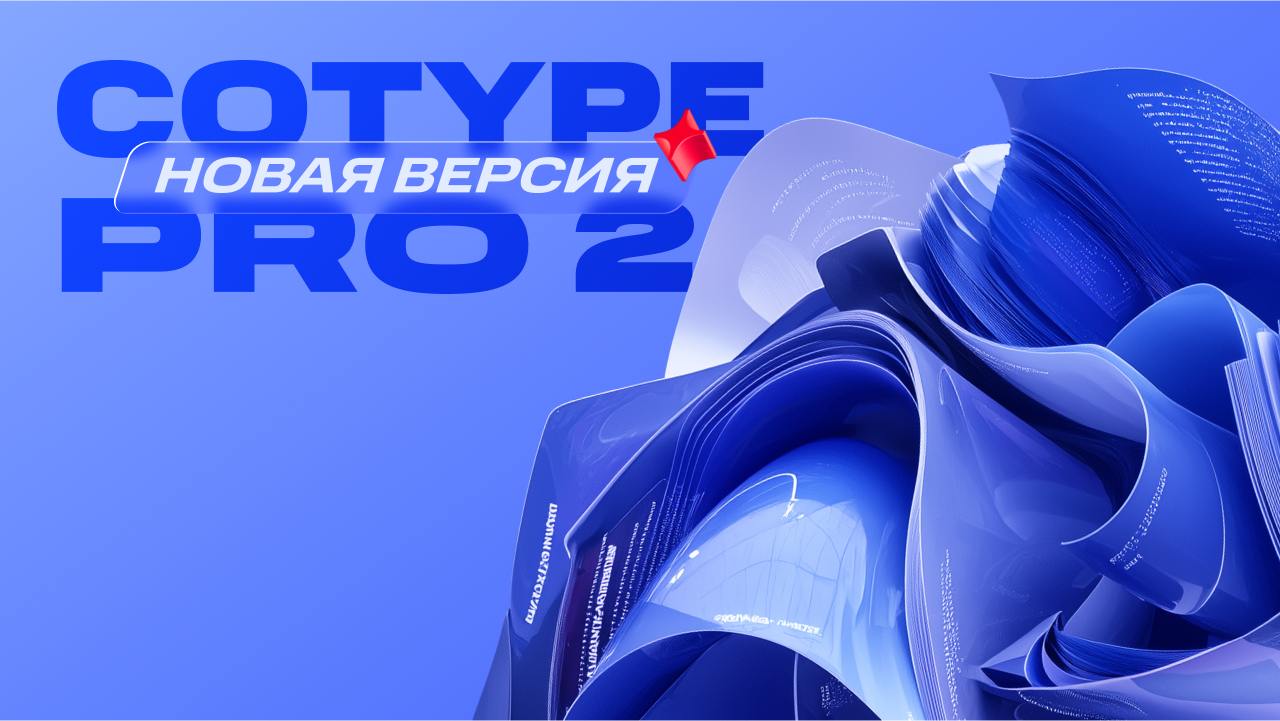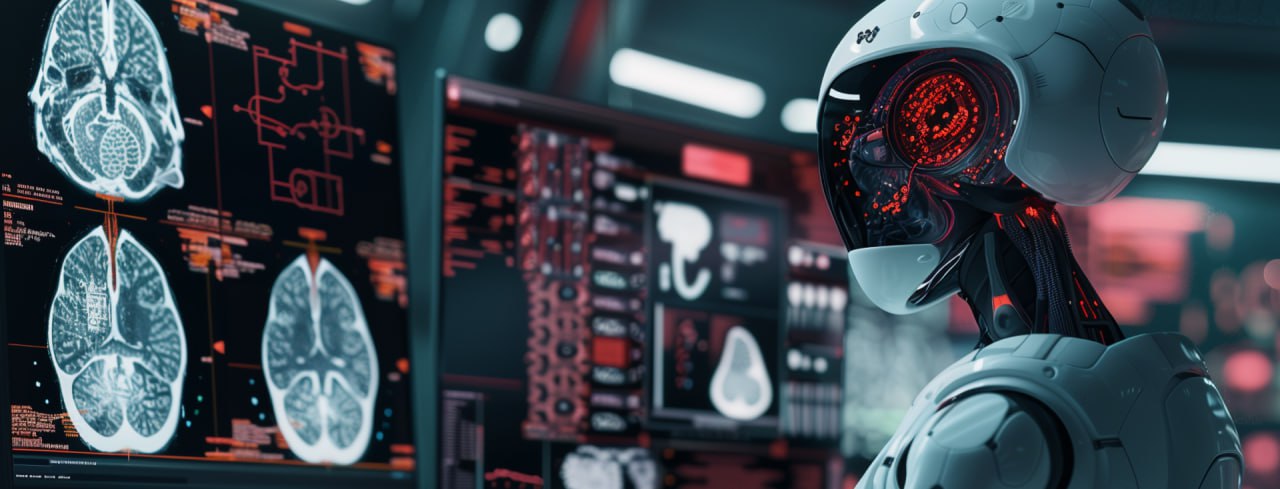This time, the #InfocusAI will cover the news about the embodiment of the idea of the holodeck from Star Trek, a new generation of robots from Boston Dynamics, a legislative initiative to protect brain activity data, an AI-based search service from Yandex, and another AI Index report from Stanford. Let’s go!
AI-focused digest – News from the AI world
Issue 40, April 11-25, 2024
US scientists have taken up the embodiment of the holodeck from Star Trek
Do you remember that in the Star Trek series there was a holodeck, a room which by voice commands of the spacecraft crew could simulate any environment in real time for training, entertainment, and other needs? Scientists from the University of Pennsylvania, Stanford, and Washington, as well as the Paul Allen Institute for Artificial Intelligence have been working to make this technology a reality. They have developed a program called Holodeck, capable of modeling a 3D environment based on user prompts, taking into account the smallest nuances. For example, as the developers write, you can ask it to model an apartment for a scientist with a cat or an office of a professor who is a Star Wars fan. This is thanks to GPT-4 that is under the hood of the program. Holodeck is projected to be very widely applied in the field of Embodied AI. See the details here and in this preprint.
Boston Dynamics to replace hydraulic Atlases with electric ones
We continue the topic of humanoid robots. Last week, Boston Dynamics retired its famous Atlas hydraulic robot and unveiled its all-electric version. According to the developer’s website, the new electric Atlases will take all the best from previous generations of robots. They will be stronger and with a wider range of motion. Hyundai’s manufacturing plants will serve as a test site and a training base for the new Atlas robots.
Colorado took up the protection of neural data
Colorado (USA) has passed a law to protect people’s neural data, writes The New York Times. In fact, the document enshrines in the state’s privacy legislation such a concept as “neural data” (data generated by the human brain and spinal cord) and imposes obligations to ensure their protection on those companies that have access to them, along with other personal data of users. The need for a law has matured due to the growth of so-called “consumer neurotechnologies” that track the activity of users’ brains. For example, these include various smart devices for meditation or dealing with anxiety and depression.
Yandex has launched an AI service for Internet search
Last week, Yandex launched a new AI-service called Neuro in its Yandex browser. It is based on the generative YandexGPT 3 model and aims for better search for answers on the Internet, all Russian media write. By analyzing information from several Internet sources, Neuro is able to answer users’ questions in natural language dialogue mode, provide details, and highlight the main ideas. It also understands images, so users can use pictures to ask questions. Neuro will also provide links to sources. To learn more about the service, see this article on RBC Trends.
Stanford has published its new AI Index report
Well, this is news for those who like reading. Stanford University has published its seventh annual AI Index report. The 500-plus pages outline trends in artificial intelligence research, highlighting the leading countries, an overview of the economics and technical aspects of AI development, as well as issues of sustainability, regulation, and impact on science and medicine. The format of our digest does not allow us to retell all the highlights of the report. But here is a link to the summary of the main points. And here is the full report.













